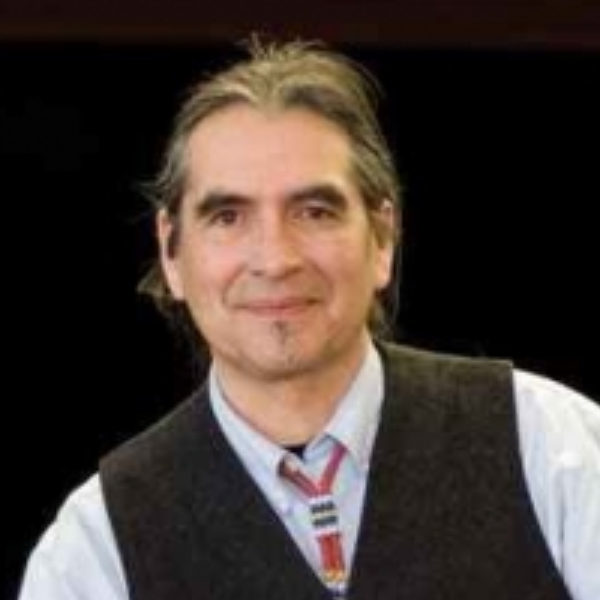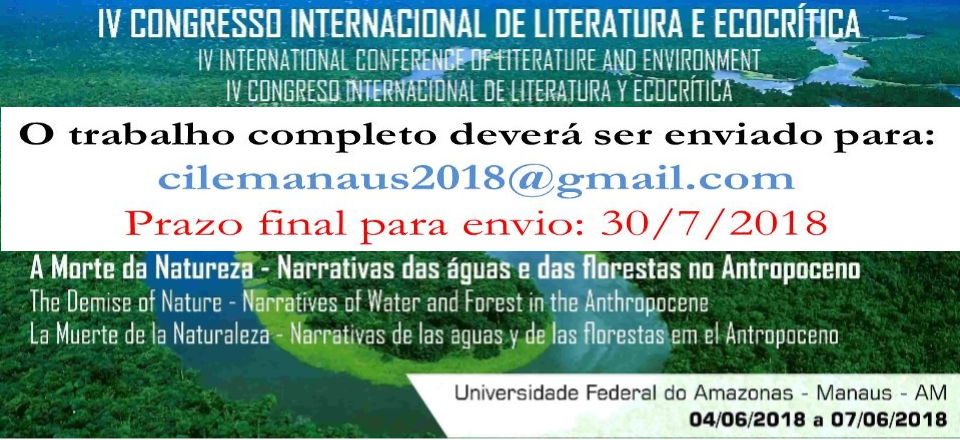Conferência III - Prof. Dr. Daniel R. Wildcat (Haskell Indian Nations University – EUA) - Sabedorias ecológicas tradicionais: um antídoto para a destruição ambiental

SABEDORIAS ECOLÓGICAS TRADICIONAIS: UM ANTÍDOTO PARA DESTRUICÃO AMBIENTAL
Daniel R. Wildcat
Em um sentido mais restrito do termo, devo dizer que os nossos sentidos, ou os conhecimentos ecológicos tradicionais (TEKs) representam profundos conhecimentos espacialmente experienciados, implícitamente, através da linguagem, histórias, canções, cerimônias e costumes cotidianos e hábitos emergentes da relação simbiótica entre os povos indígenas e lugares. Hoje, as várias formas de crises que enfrentamos em todas as instituições da modernidade revelaram as marcas de nascença de uma cosmovisão ocidental totalizadora e universalizante que encoraja a humanidade constantemente a ignorar nossa experiência humana no mundo. As TEKs são o antídoto contra as forças perigosas e destrutivas da modernidade e sua versão 2.0, a pós-modernidade. Essa breve reflexão sobre as TEKs sugere que, esses conhecimentos devem ser vivenciados, respeitados e lembrados nas grandes comunidades do sistema de vida em que a humanidade permanece participante, embora cada vez mais disfuncional. Eles são os melhores pontos de partida para aqueles que vivem nos espaços superficiais das sociedades industriais e pós-industriais vividos para (combater a destruição ambiental) e não, através da ciência como convencionalmente praticada, mas nas artes.
Traditional Ecological Knowledges: An antidote to destruction
Daniel R. Wildcat
In the strictest sense, or should I say in our senses, traditional ecological knowledges (TEKs) represent deep spatial experiential knowledges embedded in language, stories, songs, ceremonies, and everyday customs and habits emergent from the symbiotic relationship of Peoples and places. Today the crises we face throughout the institutions modernity has advanced bare the birthmarks of a totalizing and universalizing Western worldview that encourages humankind to constantly ignore our human experience in the world. TEKs are the antidote to the dangerous and destructive forces of modernity and its 2.0 version, post-modernity. This brief reflection on TEKs suggests that because these knowledges must be experienced, respected and recollected in the large life-system communities in which humankind remains a participant, albeit increasingly a dysfunctional one, the best point of entry for those living in the shallow experiential spaces of industrial and post-industrial societies might not be through science as conventionally practiced but in the arts.









